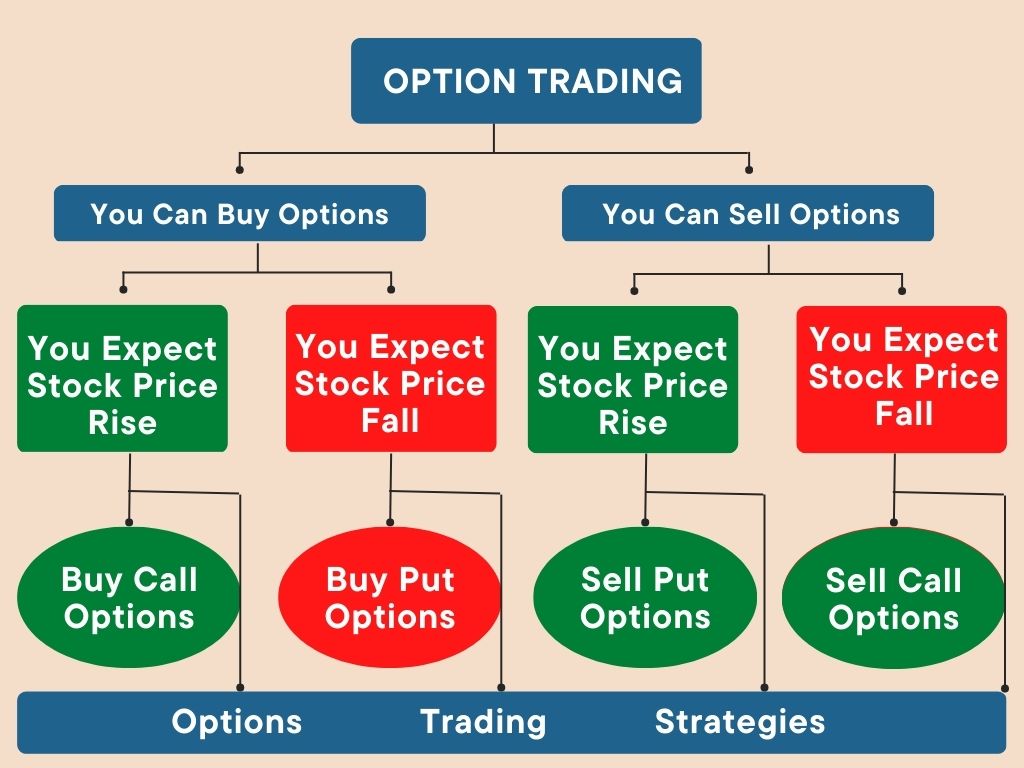An Introduction to the World of Options
Options trading is a fascinating and complex financial strategy that allows investors to take advantage of market movements without the need to own the underlying asset. Options contracts provide the right, but not the obligation, to buy (or sell) a specific asset at a predetermined price (strike price) on or before a specific date (expiration date).

Image: www.youtube.com
Options trading can be a powerful tool for sophisticated investors seeking to enhance their returns, manage risk, or speculate on market trends. However, it’s crucial to approach options trading with caution, as it involves significant risks and requires a deep understanding of market dynamics and trading strategies.
Understanding the Basics of Options Trading
At its core, options trading involves the exchange of contracts that confer the option to trade (but not the obligation) an underlying asset, such as stocks, commodities, or indices.
The two primary types of options contracts are call options, which provide the right to buy an asset, and put options, which provide the right to sell an asset. These contracts are typically specified with a strike price, expiration date, and premium.
The strike price is the predetermined price at which the buyer can choose to exercise their option. The expiration date specifies the last day the option can be exercised, while the premium is the fee paid by the buyer to acquire the option contract.
The Role of Options in Financial Strategies
Options trading offers investors a variety of potential benefits and strategic applications. These include:
- **Leverage:** Options provide leverage, enabling investors to control a larger position with a smaller investment.
- **Income generation:** Selling options contracts can generate income, particularly in a sideways or volatile market.
- **Risk management:** Options can be used to hedge against potential losses on other investments.
- **Market speculation:** Options offer a means to speculate on market movements, with the potential for significant gains or losses.
Complexities and Risks of Options Trading
While options trading can be a powerful tool, it also involves significant complexities and risks. These include:
- **Time decay:** Options lose value over time as the expiration date approaches.
- **Implied volatility:** The value of options contracts is influenced by implied volatility, which can make it difficult to predict the future price of the underlying asset.
- **Leverage risks:** The leverage provided by options can magnify both profits and losses.
- **Sophistication required:** Options trading requires a high level of knowledge and experience to navigate market complexities and manage risk effectively.

Image: www.ifmcinstitute.com
Tips and Expert Advice for Options Trading
For those considering options trading, it’s essential to proceed with caution and adhere to the following tips:
- **Start small:** Begin with a small investment until you gain experience and confidence.
- **Thoroughly research:** Understand the complexities of options contracts, market dynamics, and trading strategies.
- **Learn from experienced traders:** Seek mentorship, attend workshops, or join online communities dedicated to options trading.
- **Trade according to a strategy:** Develop a clear trading plan and stick to it.
- **Manage risk effectively:** Utilize stop-loss orders, position sizing, and hedging techniques to minimize potential losses.
FAQs About Options Trading
What is the difference between a call and a put option?
A call option gives the buyer the right to buy an asset, while a put option gives the buyer the right to sell an asset at a specified price.
What is the relationship between volatility and options pricing?
Options with higher implied volatility are more expensive, as volatility represents the market’s expectation of future price movements.
Is options trading appropriate for all investors?
Options trading is a complex strategy not suitable for all investors. It requires a high level of knowledge, experience, and tolerance for risk.
What Us Options Trading

Image: riset.guru
Conclusion: Embracing the Options Trading Landscape
Options trading provides investors with a versatile tool to enhance returns, manage risk, or speculate on market movements. However, it’s crucial to approach options trading with caution and a deep understanding of its intricacies. By following the tips outlined above and conducting thorough research, investors can navigate the complexities of options trading and potentially reap its benefits.
Are you interested in exploring options trading further? Reach out to an experienced trader or consult reputable educational resources to delve deeper into the world of options and make informed trading decisions.






